CDs are the original digital music format, but more convenient methods of storing audio allow for the same sound quality in an even more enduring and portable from. For enjoying music on the go, audio file formats like MP3, AAC, ALAC and FLAC are the best option. These small data bundles also make it possible to store vast music collections on computers, USB storage devices and NAS servers. The following article will discuss ripping music from CDs: The what, why and how.
5 Reasons for converting CDs into digital files
- Longevity: CDs last a long time, but not forever. It’s difficult to say exactly how long a CD can be expected to work properly, but once the protective coating has been damaged, the data storage layer can be easily compromised.
- Compression: The audio data saved on CDs is uncompressed. This promises high-quality sound but takes up a lot of space. The typical audio CD contains 747 MP of storage space. Since a minute of music formatted on CD requires about 10 MB of storage space, this works out to a maximum running time of 74 minutes. For some people, the intention of ripping CDs is to compress the data into a smaller, more easily stored form.
- Mobility: Audio files can be played back by PCs, laptops, car stereo systems and smartphones making them the easiest way to store and enjoy your music anywhere you choose.
- Availability: Most music is available online in a range of high quality digital formats, but not all. There will always be the odd obscure track — perhaps from an older local band — that’s only available on CD. Ripping the song allows you to listen to it on your smartphone on your way to work.
- Streaming: While some streaming systems like Raumfeld make it possible to connect a CD player via line-in and restream the audio, streaming generally works with audio files. This is what is streamed from music services like Spotify and TIDAL and how your own digital music collections are best stored for wireless playback. For those who would like their entire music collection at their fingertips, ripping CDs into audio files for streaming via Wi-Fi or Bluetooth is the way to go.
Ripping music from CDs to MP3s and other file formats
Along with CDs, the most popular digital format for music is the MP3. MP3s are lossy compressed audio files, meaning that not all sonic input from the original recording is retained. In most cases, the original file size is reduced by a factor of 10. Naturally, this radical compression results in playback that is noticeably less crisp and detailed than a higher resolution file. While CDs reproduce the entire frequency range (at least that which is audible for humans), MP3s will often leave out very high or very low parts of the register as these are not likely to be missed by most listeners.
Unsurprisingly, the MP3 is not the audio format of choice among hi-fi enthusiasts. That being said, not all MP3s are created equal. There are actually two different data sizes they can usually be found in: 128 kbps and 320 kbps. A 128 kbps file reduces the audio data more radically with frequencies above 16 kHz being cut. The quality of 320 kbps, however, is actually, quite good and many people can’t hear a different between a 320 kbps MP3 file and a higher resolution file. That being said, depending on the type of music, the quality of the speakers and how trained a person’s ears are to listen for sonic details, many people do detect differences and will want to hear their music at the highest quality level.
This brings us to lossless audio files. There are file formats like WAV that convert all the data contained on a CD into an audio file without any compression at all. A 33 MB song from a CD will therefore convert to a 33 MB WAV file. The user has not gained anything in terms of file size but now has the song in a more portable form.
There are also lossless compression formats like FLAC and ALAC. These formats compress digital music from the original CD size into a more easily stored and streamed format –without data loss. This is accomplished however at the cost of a less radical compression that only achieves a file that is half the size of the original (again, compared to 1/10 for an MP3). Lossless compression still sounds a bit like magic and in order to avoid the technical details of how a file can be compressed without loss, let’s assume it is. The bottom line? You’ll get a smaller, more transportable, theoretically eternal file that delivers CD-quality sound: A losslessly compressed file ripped at 16 bit / 44.1 kHz retains the same audio quality. In fact, lossless formats can even do better than CD quality sound with 24 bit / 96 kHz available in this format. Some claim that the 16 bit / 44.1 kHz only became the standard because of the limits of CD technology and that we should aim for this higher quality. Others argue that 16 / 44. 1 pretty much represents the limit of human hearing and that any higher sample rate will not be perceived. The debate rages on.
How to rip music from an audio CD
The first thing you’ll need is a CD drive. Of course just about every laptop and desktop computer comes equipped with a CD drive. Tablets and newer MacBooks, however, do not, but an external CD drive can always be connected to your computer via USB. The program you’ll want to use for ripping the CD will depend on the file format you plan to use. Apple users who have their entire music collection in iTunes and who listen to music on Apple devices will be well served converting their CDs via the iTunes software. The user can choose from Apple’s lossy AAC format or lossless ALAC.
Outside of the Apple universe, FLAC is a good option due to the excellent sound quality it makes possible and high level of compatibility. Exact Audio Copy http://www.exactaudiocopy.de/ is a good choice for this. The software is free of charge, but users who appreciate the service can donate to further its development. In addition to Exact Audio Copy, there are many other, easily available programs that also convert CDs including Windows Media Player.
In the setting options for both iTunes and Exact Audio Copy, note that it’s possible to select individual titles on the CD for import. This is handy if there’s a song on an album you never liked very much and don’t want to include it in your audio file. Most of the CD’s metadata such as the song titles will be automatically recognized and transferred into the new format. It’s also possible to download the complete accompanying information from the internet or enter the information manually, but this is not usually necessary. Depending on the type of computer you have, it will take around 10 minutes to rip a CD.
You might be interested in the following products:
Coda: It’s easier than you think to convert your CD collection
There are also plenty of good reasons why you’d want to convert your CD collection such as:
• Creating backups of your favorite music in case your CDs become damaged
• Putting your music in a more easily transported, stored and streamed form
• Saving space on your bookshelf
When converting your CDs remember to keep the following points in mind:
• You can select a lossy compressed format like MP3 in order to save storage space.
• Choose a lossless format like WAV or lossless compressed format like FLAC for CD-quality sound.
• When selecting a software for ripping CDs, it’s important to think of which file format want to store your music in.
• For normal purposes a 16 bit resolution and 44.1 kHz sampling rate will deliver a very good sound.
Please be aware that the laws regarding CD ripping differ from country to country. In the United Kingdom, for instance, the practice is illegal. In many other countries, it is permitted to convert digital music content as long as the resulting audio files are used privately. Their distribution or sale is universally prohibited.
Title picture: By Alice and Matt from US (We Love CDs!!!!!!) [CC BY 2.0 (http://creativecommons.org/licenses/by/2.0)], via Wikimedia Commons
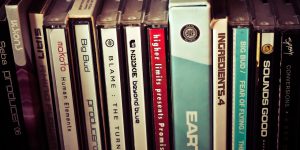

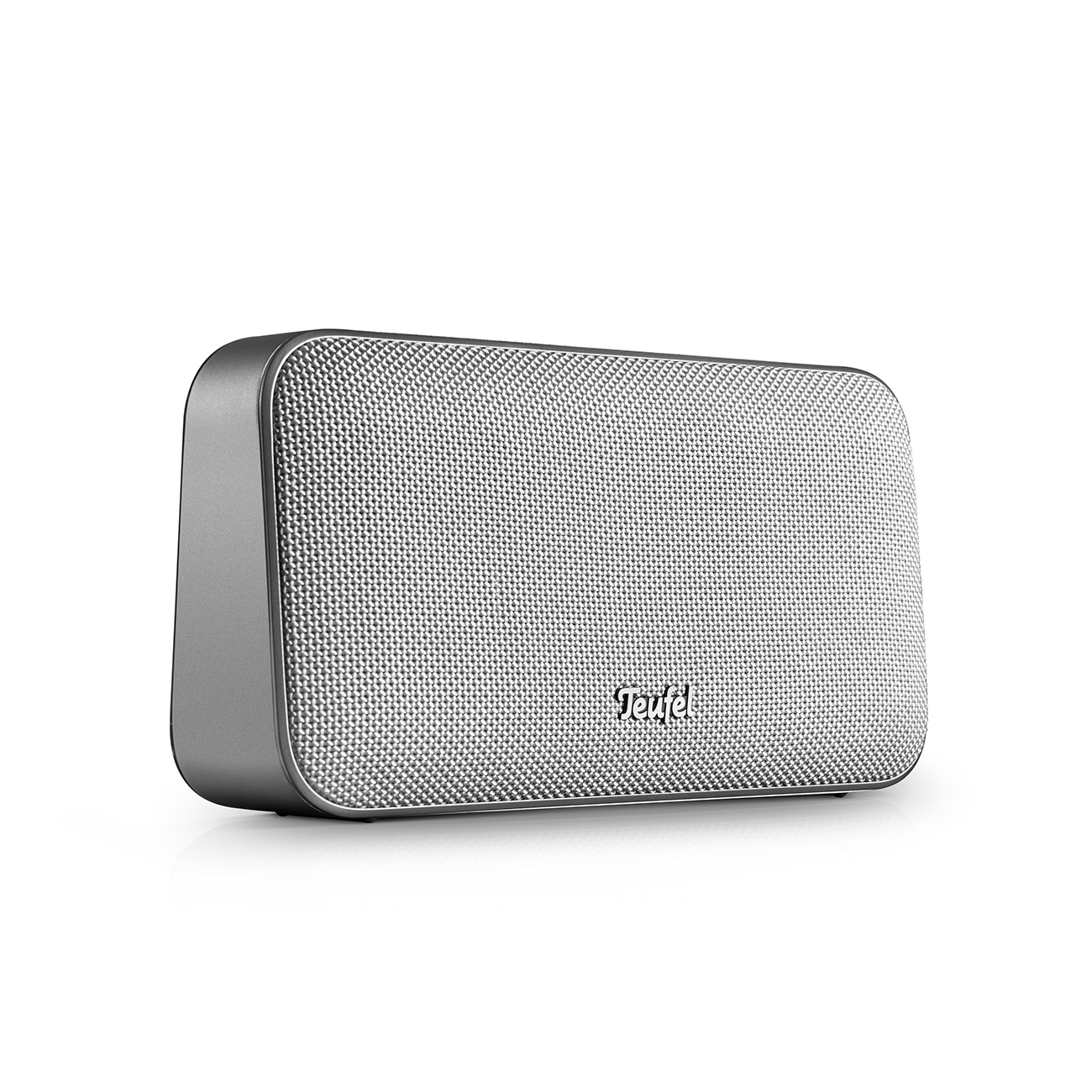
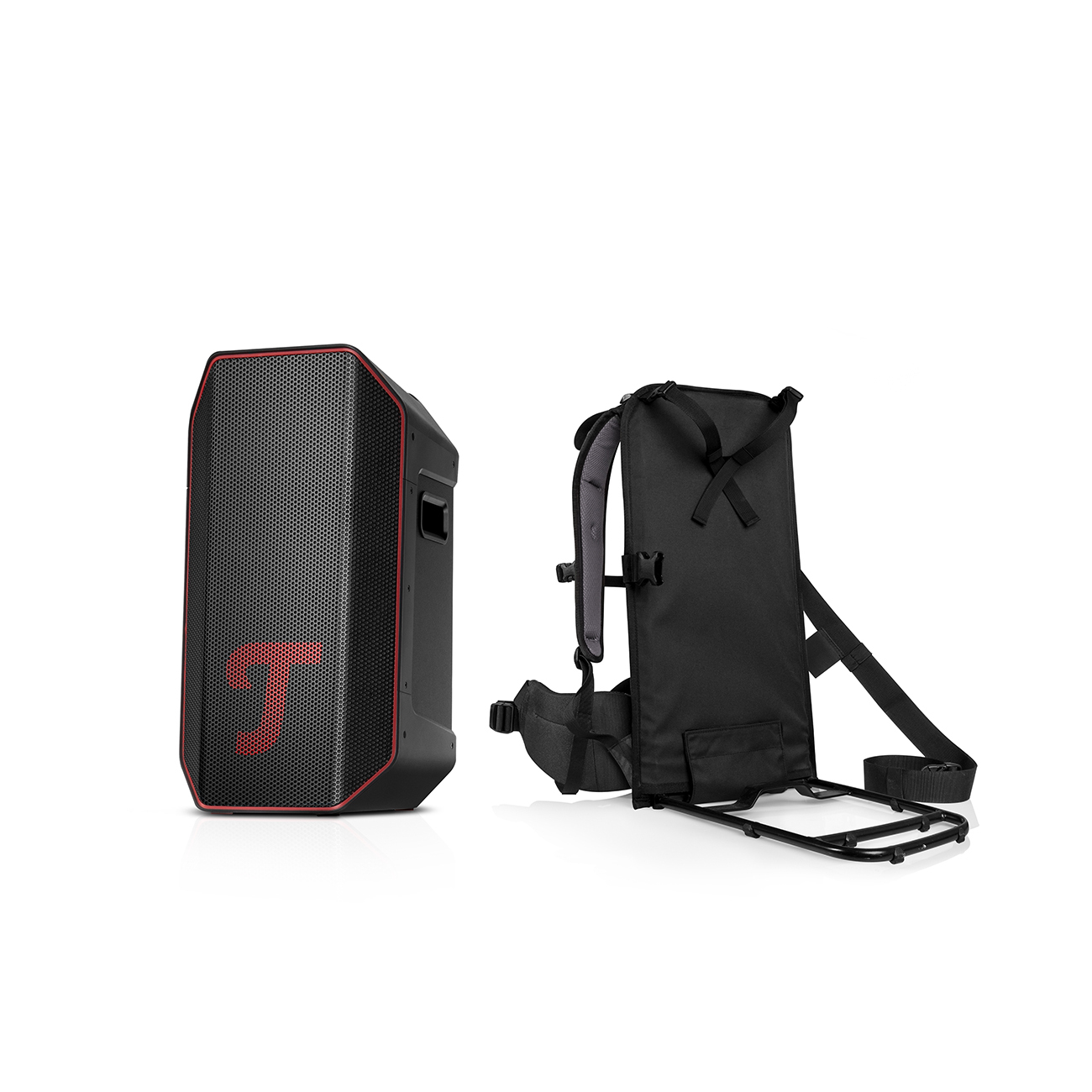
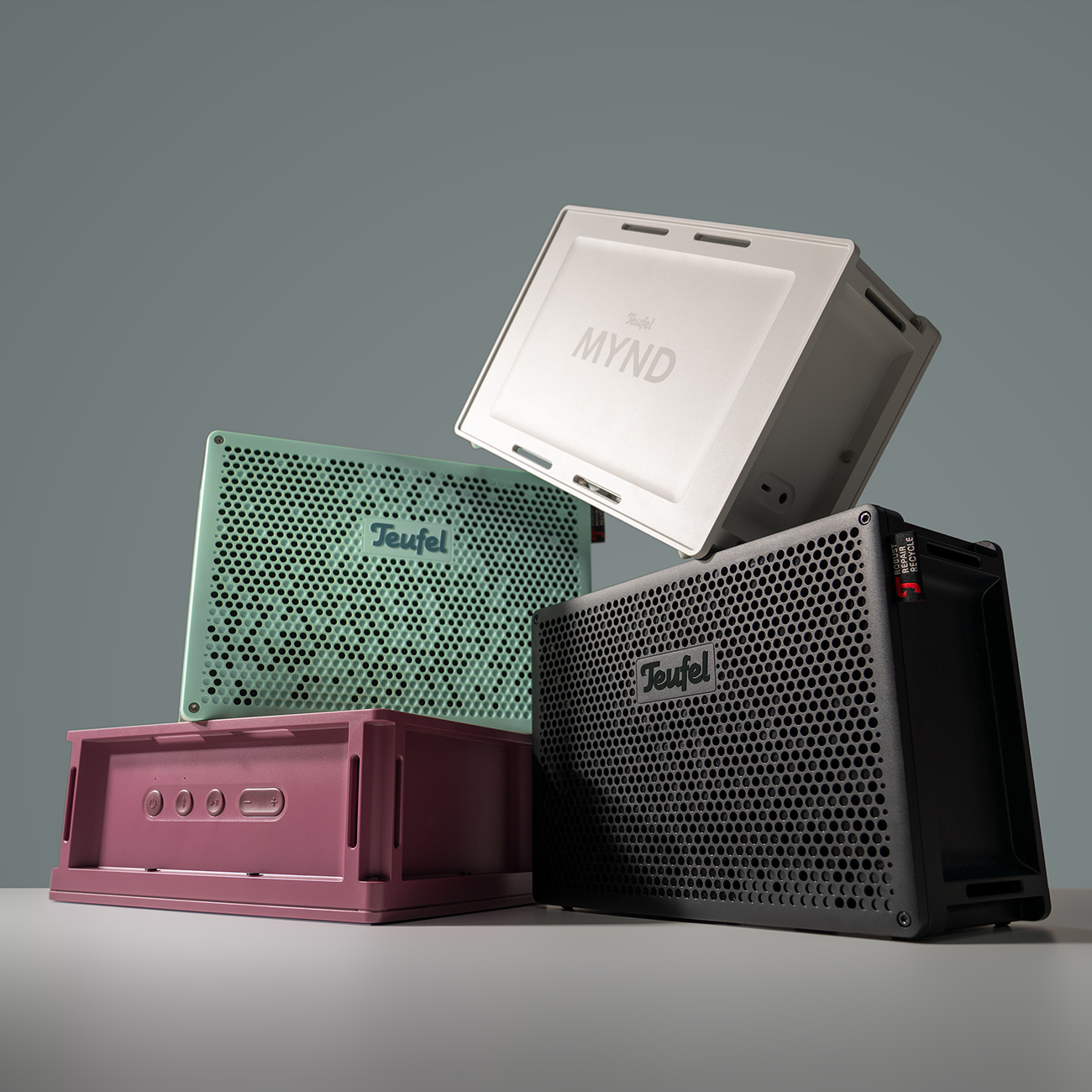
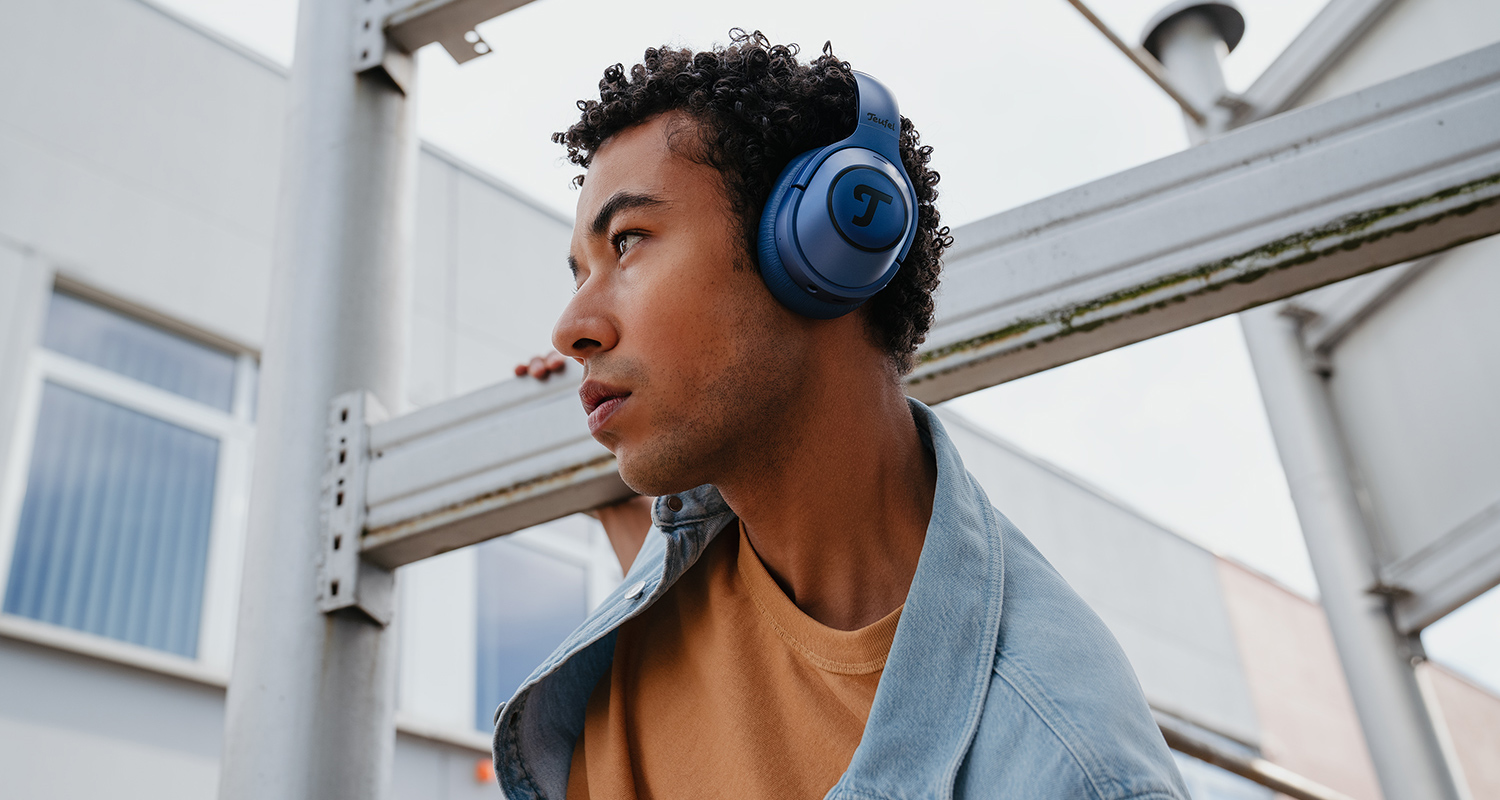
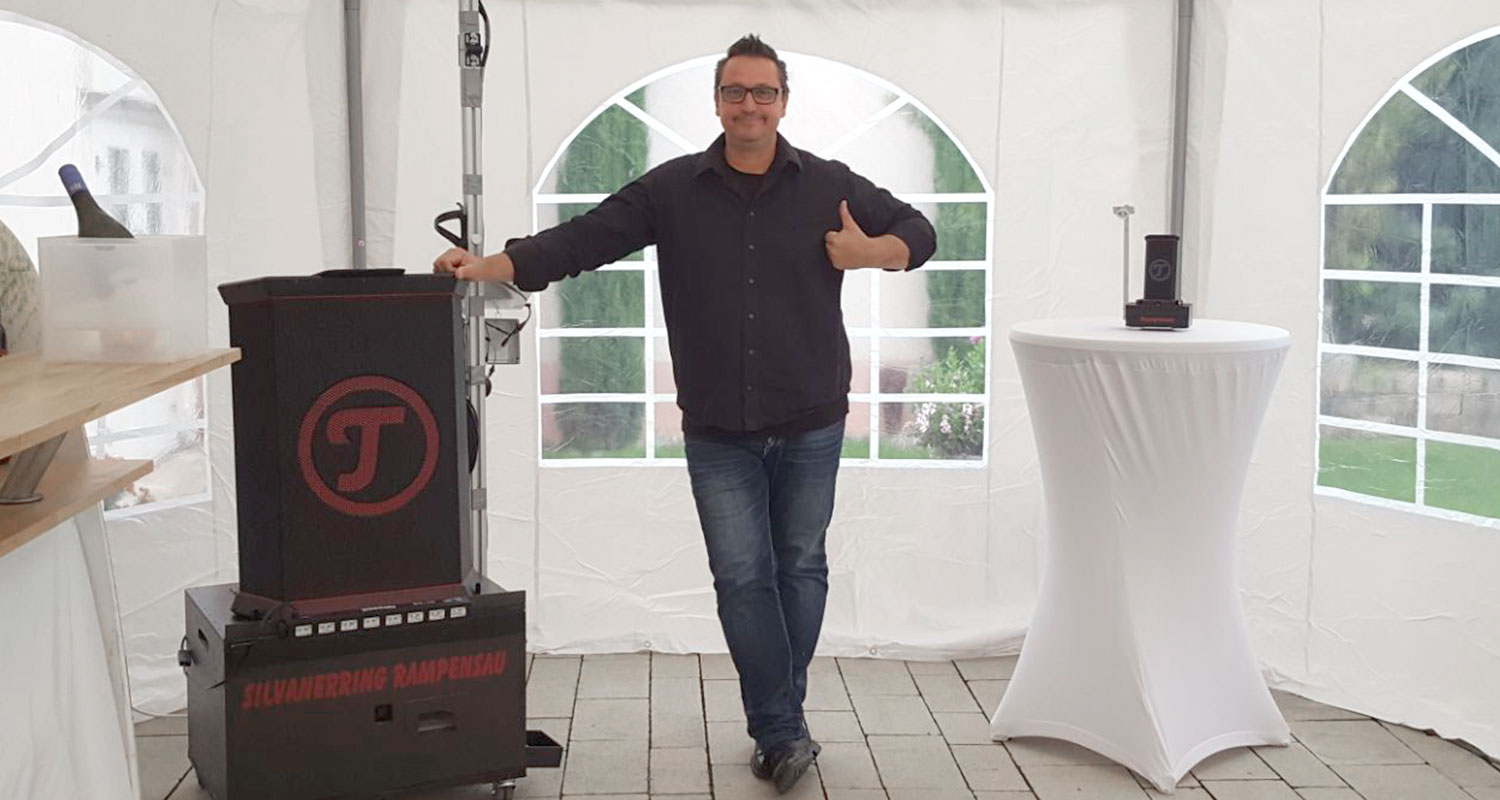
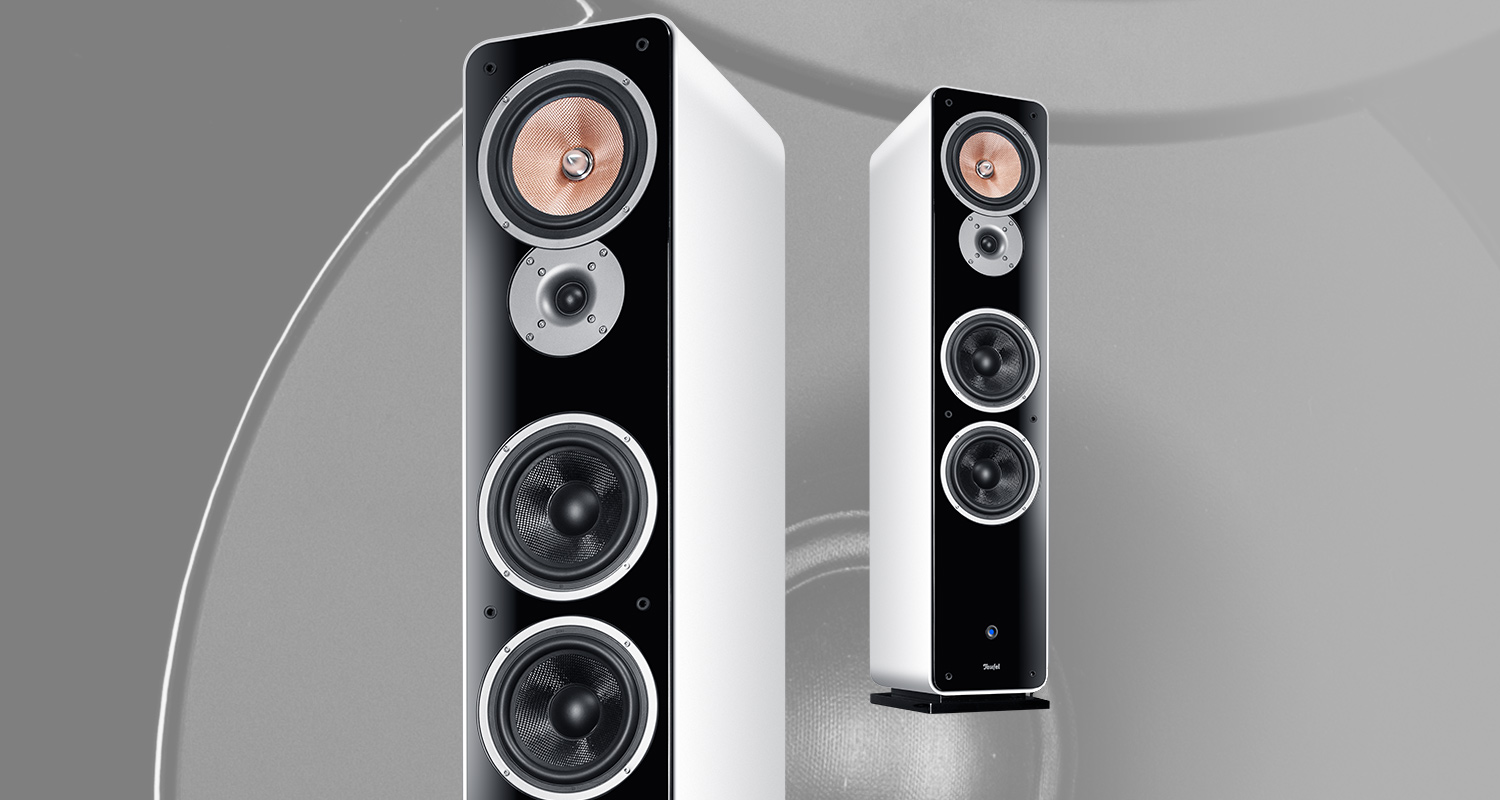
Leave a Reply